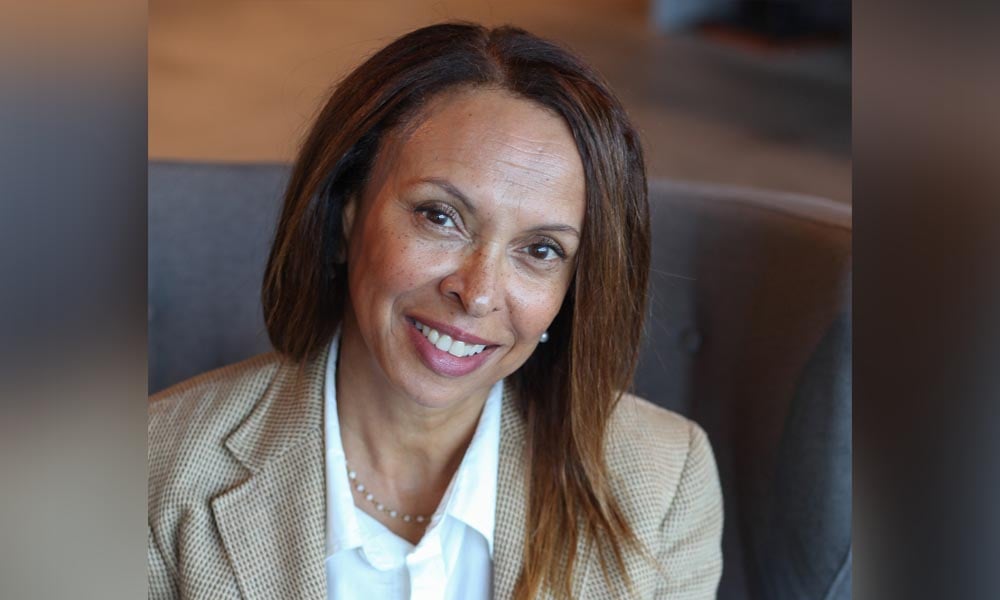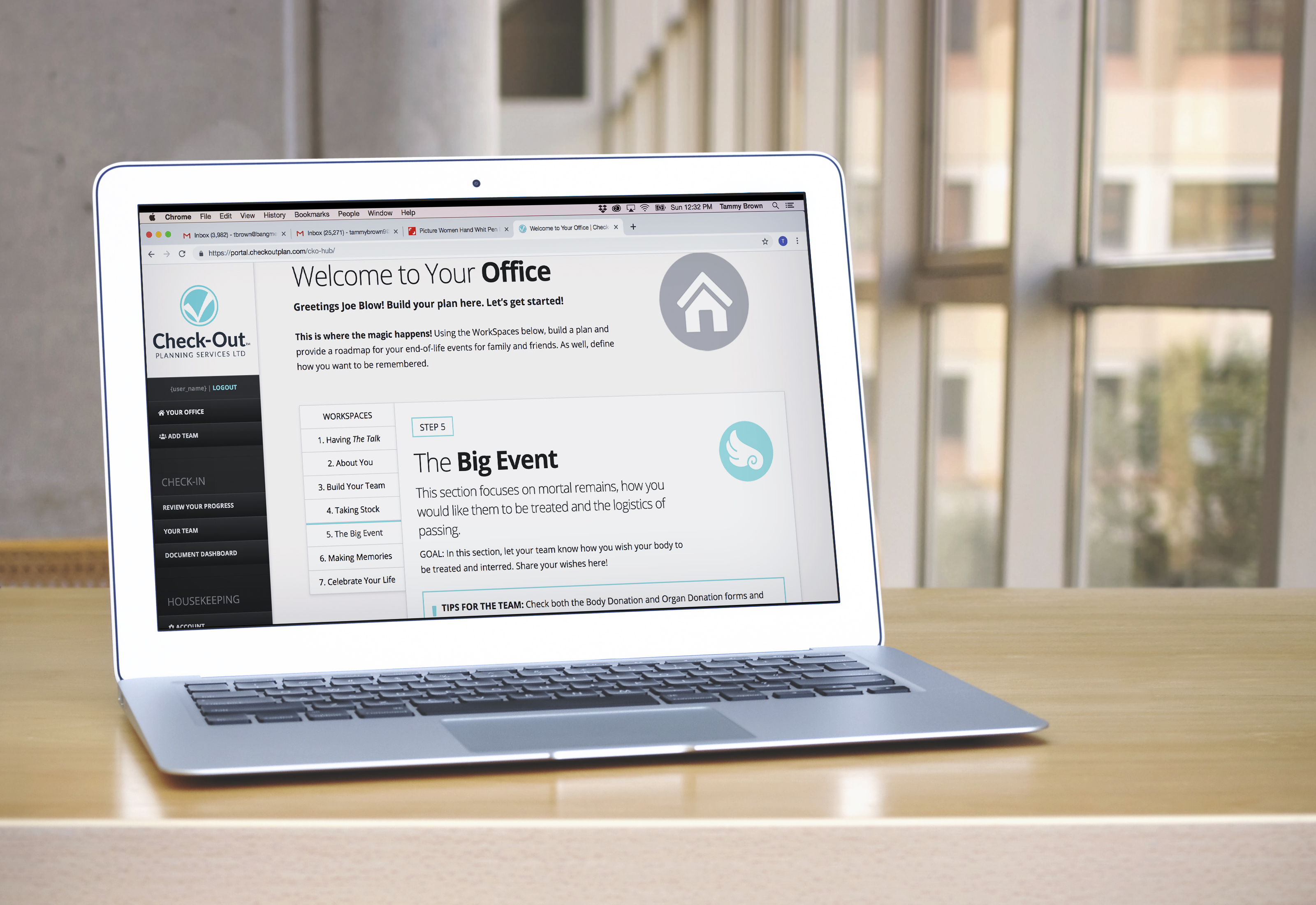Digital tool is the first of its kind in Canada and puts the onus on the client to provide up-to-date and accurate information

A new online legacy platform is “catnip” to smart advisors who want to be part of a client’s story rather than be simply a service provider.
Check-Out Plan – and its Check-Out Plan for Business tool – is attracting interest from Freedom 55 Financial companies, and advisors and portfolio managers in Toronto and the GTA. Headquartered in Kelowna, B.C. and offering a first-of-its-kind service in Canada, it sets out to be an organic bridge between the advisor and client, assisting the latter in providing estate planning details, which may include specifying which kid get what, what type of funeral the client wants and what to do with the dog.
The process is based on seven stages: 1, Having ‘the talk’; 2, About you; 3, Building your team; 4, Taking stock; 5, The big event; 6 Making memories; 7, Celebrating your life. Through these steps the client is able to upload documents, photographs and music to not only provide legal direction but also give an advisor and family members a full picture of the life they’ve lived. They can also invite friends and family to provide their input and exponentially grow the information over time.
The advisor gifts the plan to their client, with the onus on the latter to fill in the content and provide the information. The advisor joins them as a team member and can then see the documents that have been created and finished.
Tammy Brown, CEO of Check-Out, told WP: “The beautiful part about it is it also gives the advisor an opportunity to meet and connect with other people that might be part of the team. When we first built Check-out, we spoke about the team as being close family and friends but it then became family and personal advisors.
“It drives the client to provide accurate information. They are doing the work, and they are prompted through the system to continue [doing it]. One of the hardest parts for advisors is to actually get their clients to do the work - and to do it accurately. This moves the onus from the advisor to the client.
"The advisor is going to save time, energy and money and they're probably going to get more context for the information itself. It’s not just the hard facts like name, phone number, address, but also an understanding of family dynamics, their belief system and all of the things that matter. The dog, for example! How much relevance is the dog in the picture?”

Check-Out Plan for Business sets out a number of benefits for an advisor’s practice. As well as getting the client to do the bulk of the work, Brown says the plan also increases profit because reduced on-boarding and execution hours means potential for more volume and retained revenue. There is also the opportunity to grow your client base through increased exposure and referrals. The landing page, for example, features the advisor's own branding and contact details. Crucially, all the data gathered stays in Canada, added Brown.
For USD$39 a month, an advisor gets up to five plans, while for USD$120 a month, they can have as many as they want.
Brown said: “It's an easy way for an advisor to stand out from the rest. Good advisors want to collaborate, they aren't simply a data centre extracting information and making a decision. This information is dynamic, it's changing all the time, so the beauty of having a platform like Check-Out is that the client can log in anytime and update their information where it's needed, and then just send a note to their advisor saying, ‘Hey, have a look at the docs’.
“It’s much easier to manage an advisor’s time and energy. Ultimately, I feel like they are providing a better service and connecting with the client in a way they probably haven't been able to before.”
COVID-19 has, of course, brought legacy planning into focus, with the pandemic having real impact on families. Pre-virus, Brown said the genesis of the Check-Out Plan emerged when her own mom passed away suddenly. She told WP they were very close but, after she died, she realised there was so much she didn’t know, from the personal to the mundane, like who was her cell provider.
Brown said “She was a baby boomer and thought she would never die. Certainly, she would never talk about it, so I didn't know how she wanted to be treated. She loved music but if she had to be defined by 10 songs, what were they? I know that every family to some extent has gone through it, or is going to go through it.
“The other thing is the law sets out pretty clearly what is going to happen to the financial assets within reason but it never addresses the things that people really tend to fight over, which is actually the sentimental value items. People tend to fight over the craziest things.”



